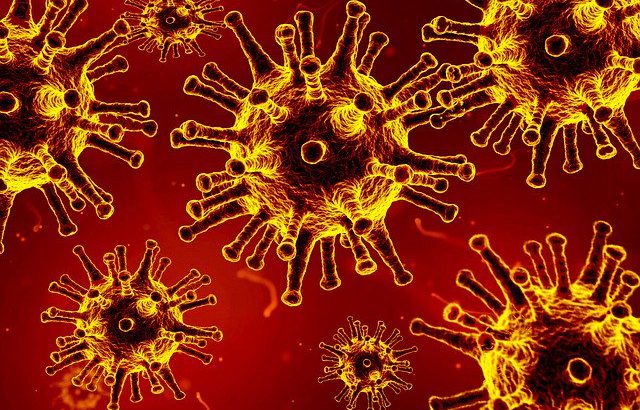At the National Library, we delight in seeing the reactions of visitors to our exhibitions, in welcoming people to our reading rooms, and constantly turning the page on materials that make up the nation’s permanent collection. It’s a privilege to share in the discoveries made by people visiting the Library that help us all to make sense of who we are as people, to make sense of the world around us, and how we can affect change in it.
As for so many, it has been surreal to have our doors temporarily closed to the public in line with the Scottish Government’s public protection measures for suppressing coronavirus. Yet even before the lock had turned on the doors of the Library’s George IV Bridge Building in Edinburgh, we were already unlatching a revamped roster of online events as well as our prized digital resources for learning and research. The online transition has focused renewed energy into thinking about how we ensure public access to information both now and in the future. During lockdown, there’s been a burst of collecting activity across the Library to document the impact of coronavirus on Scotland. We are collecting all sorts of materials that will form a record of the pandemic’s impact so that, in future, others can study and understand how we experienced life at this time.
A recent blog describes the part the Library plays in capturing Scotland’s websites and the renewed significance of this task during lockdown. The impact on Scotland will, in time, form part of the UK Web Archive’s collection about Pandemic Outbreaks, reflecting these strange times back at us in websites.
In much the same way, the Library continues to collect and preserve online and print publications from Scottish organisations that represent myriad communities. We’ve a legal mandate to collect this material – a task we are grateful to be supported in by government, by third sector organisations and by Scotland’s essential publishing industry. This core library collection is expanded by distinctive publishing voices as they emerge, and we learn about them. At points of social and political flux, these publications can take many different forms. For example, during the pandemic, the Library is just as interested to collect supermarket shop signs and ferry company timetables as we are more routine publications. Our collection ranges from billboard posters, to cinema tickets, to food packaging labels and formats beyond. In short, if a printed item tells a story about our shared history, we will collect that item and treasure it for good.
It goes without saying that, until it is safe enough for us to collect printed materials relating to the pandemic from organisations, we can only take in electronic copies just now. We are contacting organisations to request they send us their publications when things are calmer, and when they have the time to do so. If you work for a Scottish organisation that has been producing materials about Covid-19 and would like to help build the national collection, please contact us at acq-mail@nls.uk
In time, the Library – in common with many other archives across the country – will also have documented the pandemic by acquiring the unpublished records of individuals, community groups, and charitable organisations. This will help bring to life more intimate stories of how people across Scotland experienced the pandemic. What’s more, the Library’s Moving Image Archive is gathering films which national and community organisations are producing on video-hosting platforms as well as films made by individuals. We are keen to expand this collection during the pandemic beyond public health information videos to reflect personal accounts. Learn more here.
As we live through the changes to our daily lives, we continue to collect materials that society can learn from and that inform our collective thinking. It’s a stimulating task with great benefits for society that we hope to share with you online and joyfully, in person, once again soon.
